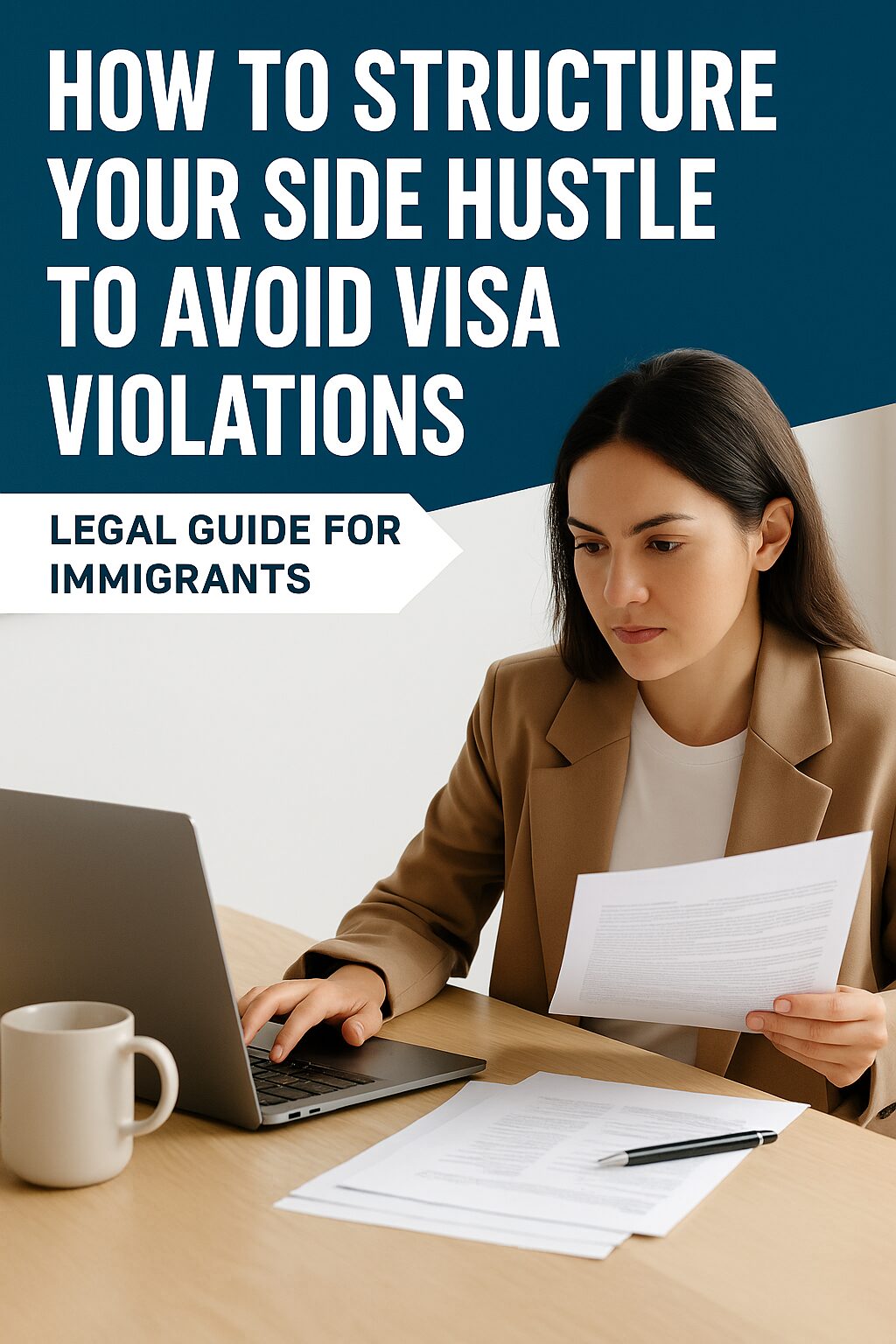Starting your freelance career as an immigrant or digital nomad can be daunting without the right tools and platforms. Thankfully, several online marketplaces and job boards cater specifically to remote workers, freelancers, and immigrants, helping them connect with clients worldwide. In this comprehensive guide, we’ll explore the best platforms that you can join today to start earning reliably and safely.
1. Upwork – The Largest Global Freelance Marketplace
Upwork is one of the most popular platforms for freelancers across diverse industries, including writing, graphic design, programming, marketing, and virtual assistance. With millions of clients worldwide, it offers a robust system for secure payments, dispute resolution, and client reviews.
Why it’s great for immigrants:
- No restrictions based on location or citizenship
- Escrow system guarantees payment security
- Ability to build a strong reputation over time
- Wide range of project types and sizes
Getting started tips:
- Create a detailed profile showcasing your skills
- Start with smaller projects to build reviews
- Use the platform’s tools to manage contracts and payments
2. Fiverr – Flexible Gig Economy for Creatives
Fiverr allows freelancers to offer “gigs” starting at $5, making it ideal for creative professionals like graphic designers, voice artists, translators, and video editors. It’s great for building a portfolio quickly and gaining clients who want affordable, fast services.
Why it works for immigrants:
- Simple setup process with global client access
- Ability to package and upsell services
- Growing marketplace with diverse demands
Tips for success:
- Use clear, appealing gig descriptions and images
- Respond promptly to inquiries
- Gather positive reviews to increase visibility
3. Toptal – Exclusive Network for Top Freelancers
Toptal is a premium platform that connects elite freelancers with high-profile clients in software development, finance, and design. Their rigorous screening ensures you work with serious clients and earn competitive rates.
Ideal for: highly experienced developers, financial consultants, UX/UI designers.
Why immigrants love it:
- Access to high-quality global clients
- Premium compensation
- Opportunities for long-term engagements
Getting accepted:
- Prepare for technical screenings and interviews
- Showcase a strong portfolio and references
4. Freelancer.com – Diverse and Flexible
Freelancer.com offers a wide array of jobs from small one-off tasks to large complex projects. Its bidding system and contests give freelancers a chance to showcase skills and win jobs competitively.
Pros for immigrants:
- Large variety of job categories
- Flexible payment options
- Supports multiple languages
Tips:
- Use contests to demonstrate your skills
- Maintain clear communication with clients
- Build a good track record to win bids
5. Remote.co – Curated Remote Jobs Board
Remote.co specializes in listing remote jobs, including freelance, part-time, and full-time roles from startups to Fortune 500 companies. It’s useful for those seeking remote work that may evolve into steady income.
Why it suits immigrants:
- Jobs specifically labeled as remote
- Transparent company profiles
- Resources and tips for remote workers
Best for: virtual assistants, customer service, developers, marketers.
Bonus Platforms to Consider
- PeoplePerHour: Freelance platform popular in Europe and UK.
- Guru: Offers workrooms for collaboration and flexible payment terms.
- We Work Remotely: Job board for remote-only positions.
How to Choose the Right Platform
- Align platform choice with your skills and career goals.
- Understand fee structures and payment terms.
- Research client demographics and job availability.
- Build a professional profile with portfolios and testimonials.
- Start small to build reputation and scale gradually.
📌 Coming Up Next
How to Structure Your Side Hustle to Avoid Visa Violations
→ Learn how to legally manage your side income without risking your visa status.


